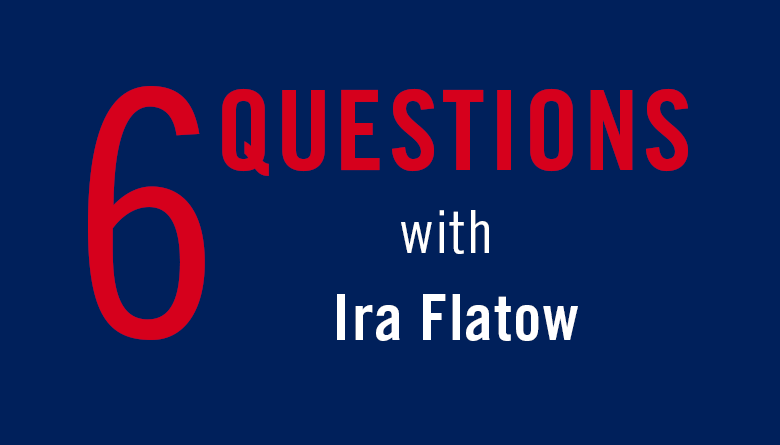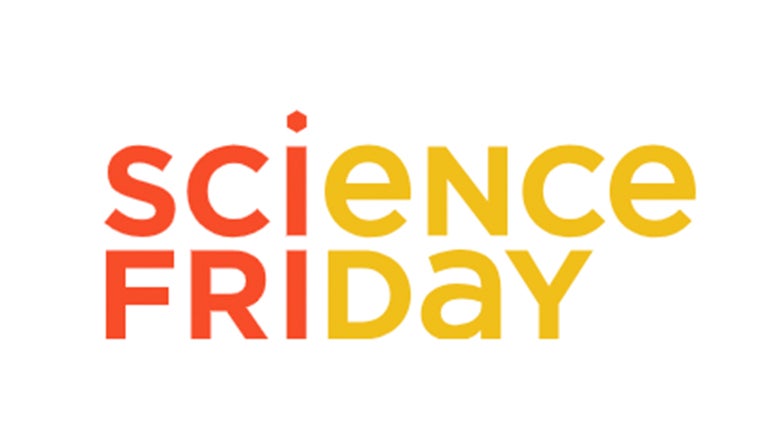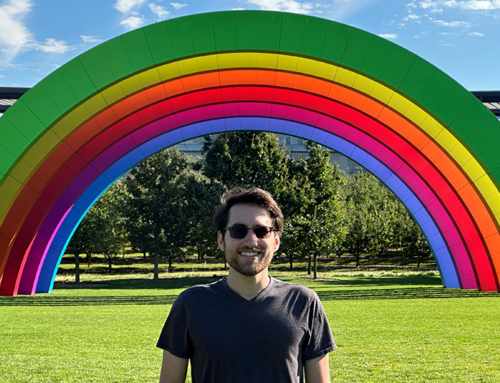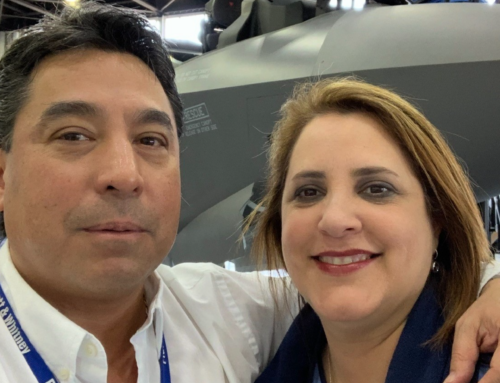Award-winning science correspondent and TV journalist Ira Flatow is the host of Science Friday, heard on public radio stations across the country and distributed by WNYC Studios. He anchors the show each Friday, bringing radio and internet listeners worldwide a lively, informative discussion on science, technology, health, space, and the environment. Flatow is also founder and president of the Science Friday Initiative, a 501 (c)(3) nonprofit company dedicated to creating radio, TV, and internet projects that make science “user-friendly.”
Q: How did your journalism career come to focus on science?
I have no formal training in journalism. I started out as an engineering student and discovered the campus public radio station, WBFO, in Buffalo, New York. It was there that I learned, as a student, how to be a radio reporter. Since I was always interested in science and technology, I gradually began covering science stories. My first one was about the first Earth Day in 1970.
Q: What was the best advice anyone gave you in your career?
Never take common knowledge to necessarily be true. Always be ready to be surprised by new evidence. But look for multiple sources of evidence and/or opinions.
Q: Is it necessary for the general public to have a solid understanding of science and research?
It is not necessary but helpful for the public to have a “solid understanding,” but you must assume that the public does not. What is necessary is that they trust science as a method, for discovering how the natural world works. And it is also the job of the journalist to put research in perspective for them, i.e., that new evidence may upset current thinking about the universe, health, nutrition, etc.
Q: What do you think is the most surprising scientific discovery of the last decade?
I have trouble keeping track of time! But I will say that some of the most important advances in the last decade involve:
- Our understanding of the role our microbiome plays in health.
- What our universe is made of, i.e. dark energy and dark matter, newly discovered particles (Higgs boson).
- Immunotherapy, i.e., helping the body combat illnesses by tweaking up its immune response.
- Artificial intelligence.
Q: If you could interview one scientist, past or present, who would it be?
Albert Einstein.
Q: If you had your own research lab, what would you study?
Marine biology. The health of our oceans, from assaults of climate change and pollution, is critical to the survival of our species.






